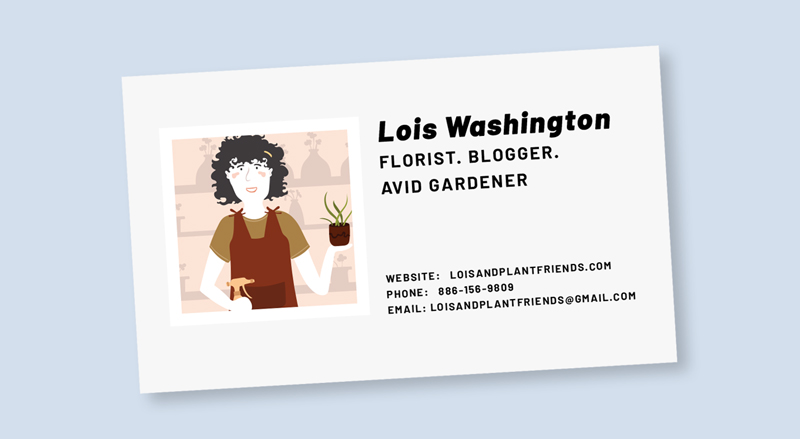Job Search and Networking -
Personal Branding 101

Job Search and Networking
Personal Branding 101


/en/jobsearchandnetworking/job-hunt-with-social-media/content/

What do I want to do with my life? How do I want others to see me? What makes me unique? Personal branding is the process of determining who you are, what you want to accomplish, and how you want to market yourself to others.
In this module, you'll learn the basics of developing your own personal brand, both online and offline. We'll also talk about how to maintain your brand over time and provide additional resources to help create your own personal brand.
The idea of personal branding has become increasingly popular among job seekers and professionals over the past several years. But what exactly is personal branding? Simply put, branding is how you present yourself to others. Everyone already has their own brand identity: the qualities that make them different and unique. The process of personal branding gives you an opportunity to discover, strengthen, and market those qualities.
While you might believe branding is reserved for celebrities and corporations, the truth is that anyone can benefit from creating their own brand. Whether you're searching for a new job or looking to advance in your current career, personal branding can help you communicate more effectively and stand out in a crowded marketplace. As you work to determine who you are and what you want, you'll learn how to present yourself with greater confidence and clarity.
Most importantly, developing a personal brand allows you to control how you are perceived by others. Whether you're interacting with someone online or in person, a strong personal brand will help you make a memorable and positive impression.
There are several factors you will need to consider as you begin developing your own personal brand. Rather than inventing a false persona, your brand should be an authentic expression of who you are, what you value, and what you want to accomplish.
Taking the time to determine your values, passions, and skills will help you create a personal brand that is both memorable and genuine. You might consider visiting our module on Assessing Yourself if you need additional help determining your skills and values.
Instead of starting from scratch, your brand should be informed by your existing reputation. Think about how your current friends and colleagues would describe you and your personality. You can strengthen and emphasize these qualities as you develop your personal brand.
Your brand will also be determined by the audience you are attempting to reach and influence. Different fields will value certain skills above others. For example, an elementary school teacher might create a very different personal brand than someone working as a sales manager or an engineer. It's all about discovering how best to connect with the people who matter to you and your brand.
Take some time to consider the following questions as you begin thinking about your brand:
As employers start to rely on social media and online resources for screening and recruiting potential candidates, it's especially important for your brand to have a strong online presence. But there's still more to your brand than how you market yourself online. As you work to develop your online brand, you should also be thinking about how you can promote your brand when meeting people directly. Below are some ways to monitor and build your personal brand.



Once you've established your brand, you'll need to keep working to project a strong and consistent brand identity. Remember that actions speak louder than words—be sure to follow through on the promises associated with your brand. For example, if you brand yourself as a hard-working and reliable person, coming in late or neglecting your work doesn't help to reinforce your brand image.
Your brand will need to be flexible as you move between various positions and career paths, so don't be afraid to make changes to your brand as needed. Even if you've accomplished an initial goal, such as finding a new job, it's important to assess your brand from time to time. Some parts of your brand that were once relevant may need to be updated; refreshing your brand identity can help you build new relationships and advance your career.
Download our Personal Branding Worksheet (Word Document or PDF or Google Document) to help you develop your personal brand.
/en/jobsearchandnetworking/hard-skills-vs-soft-skills/content/